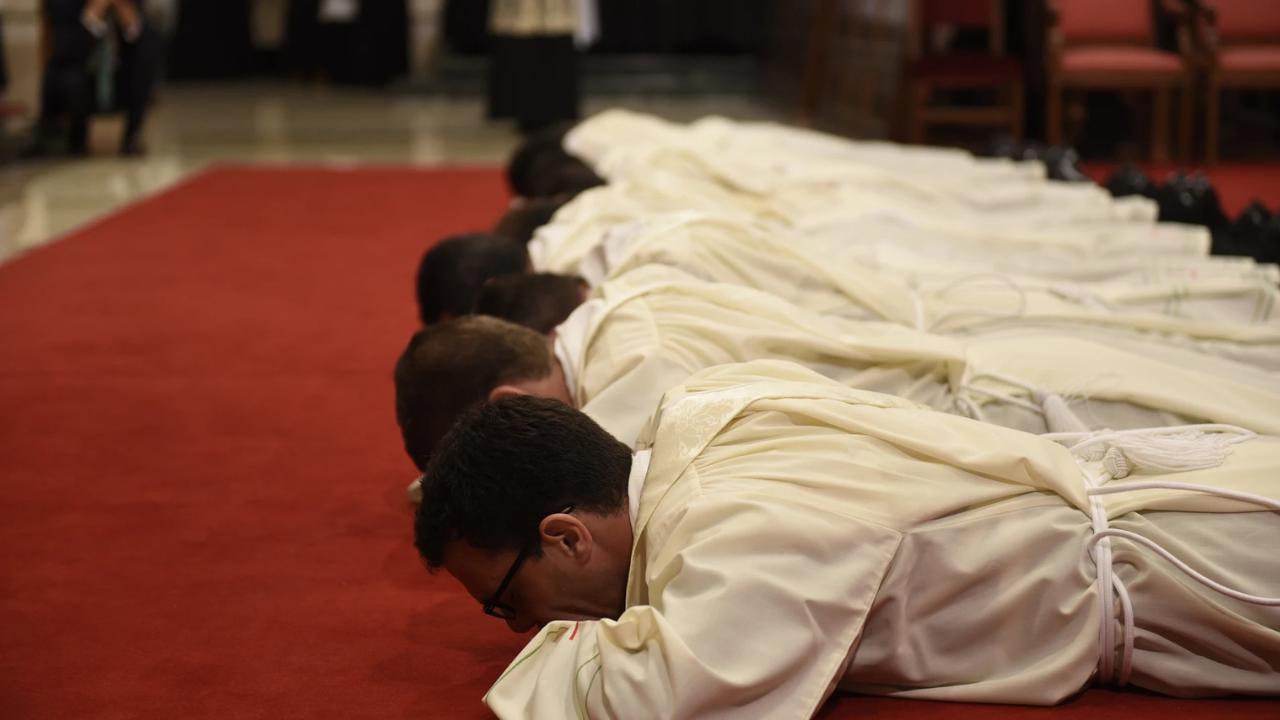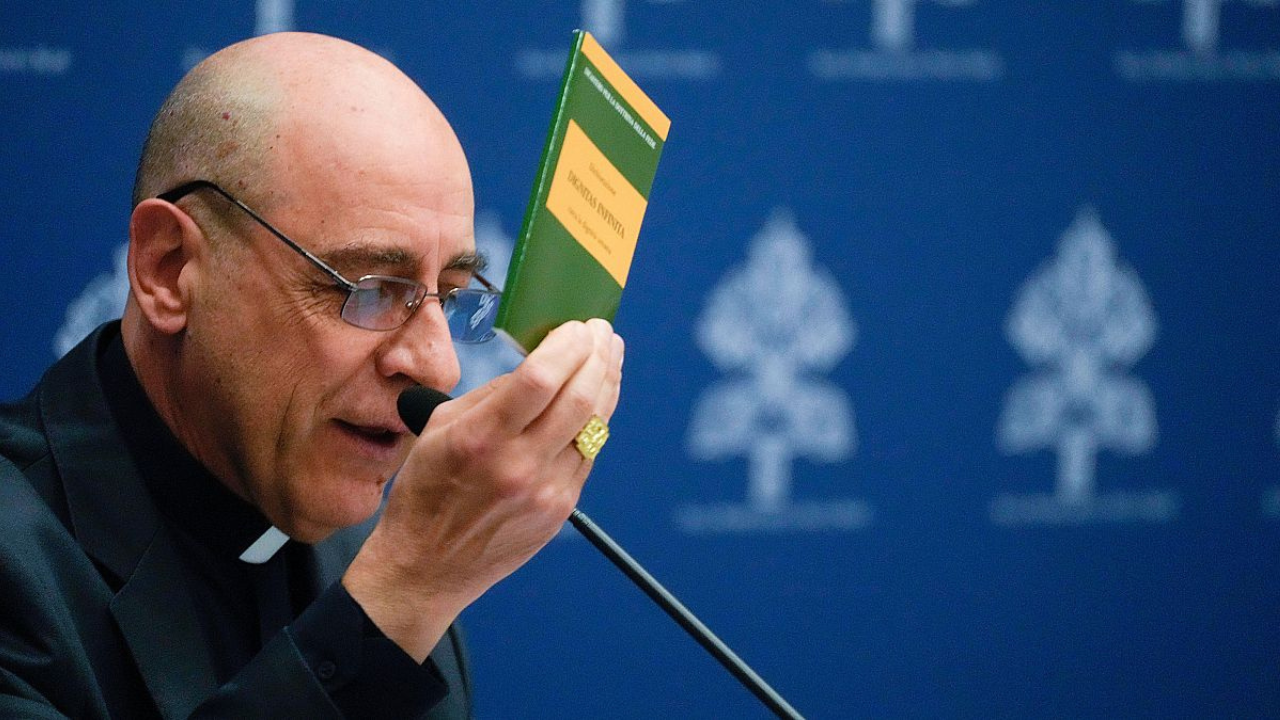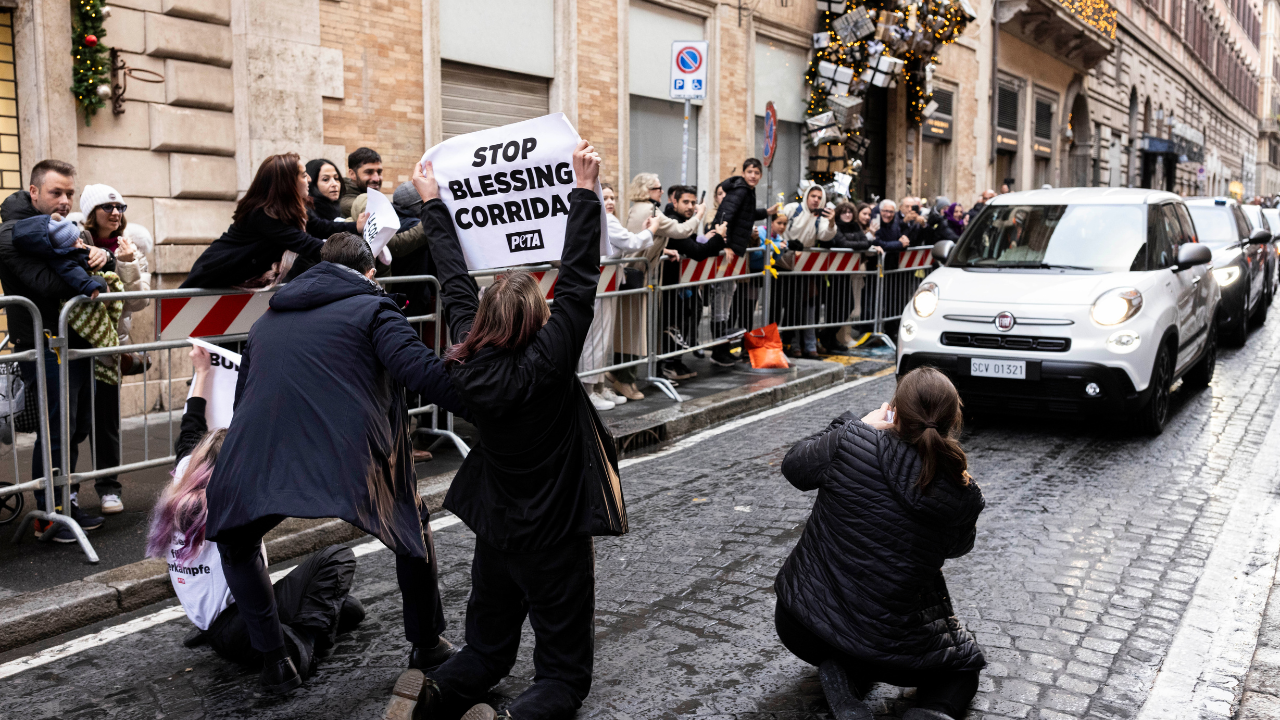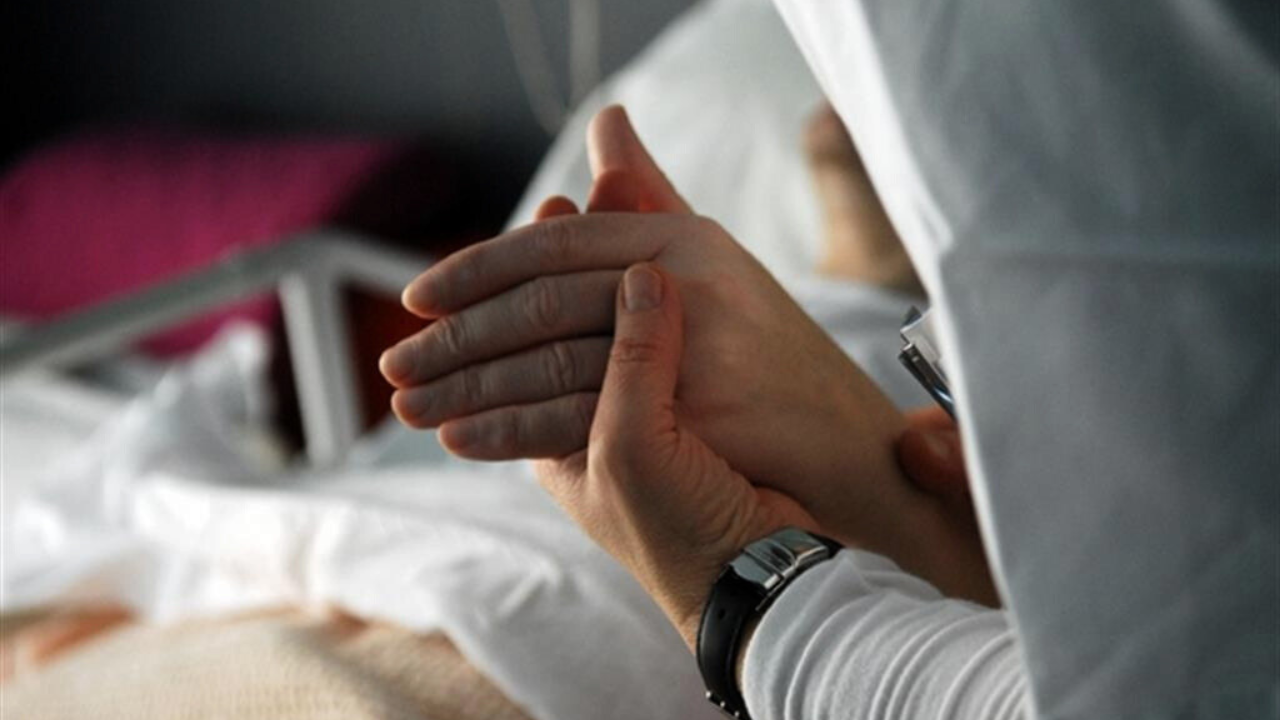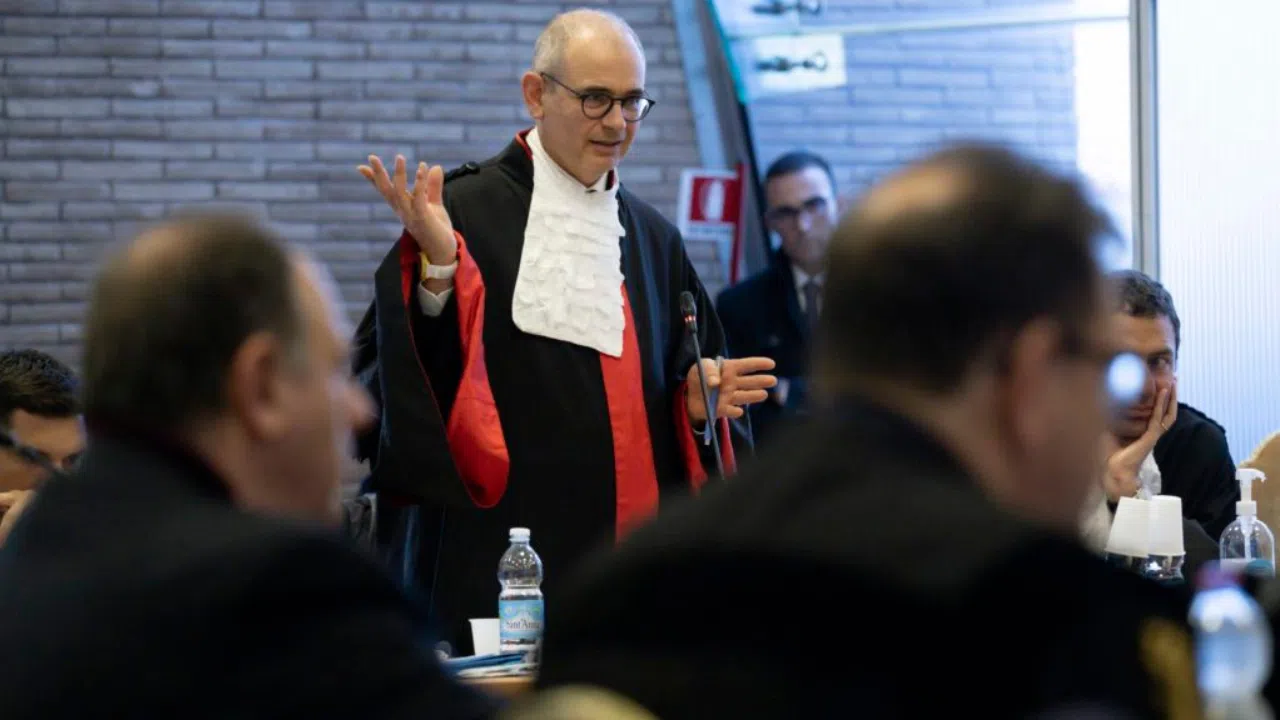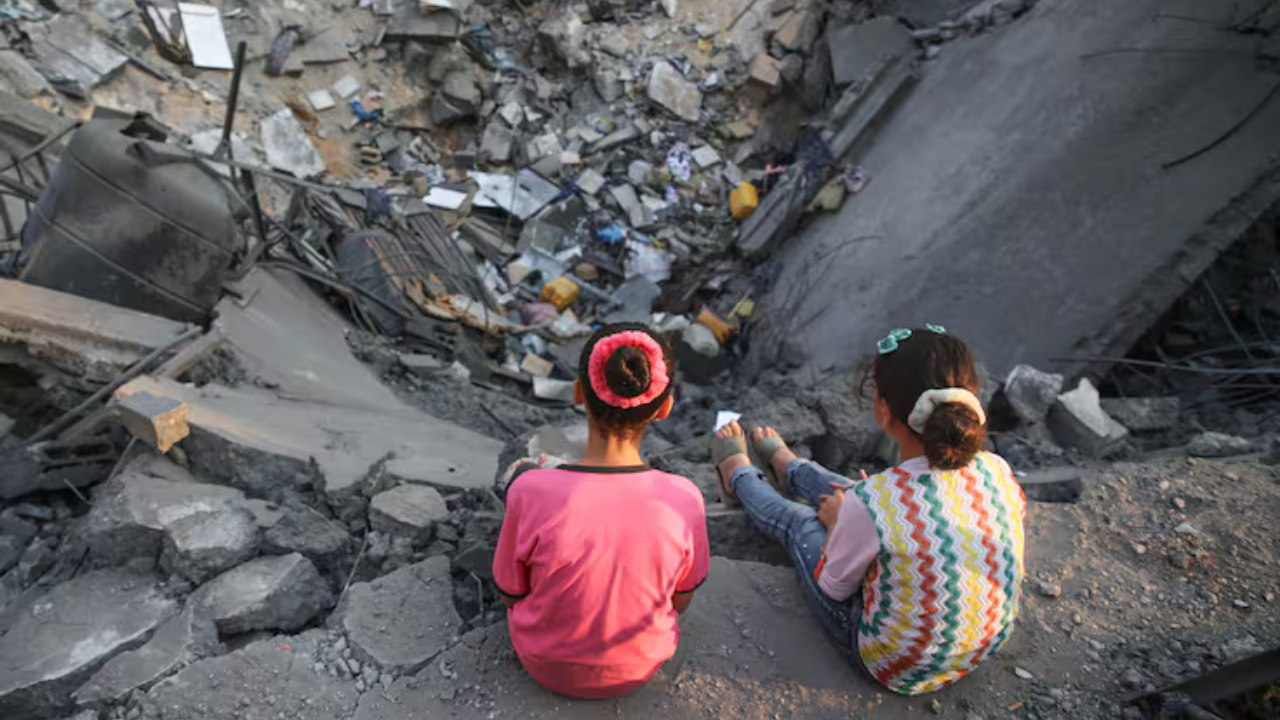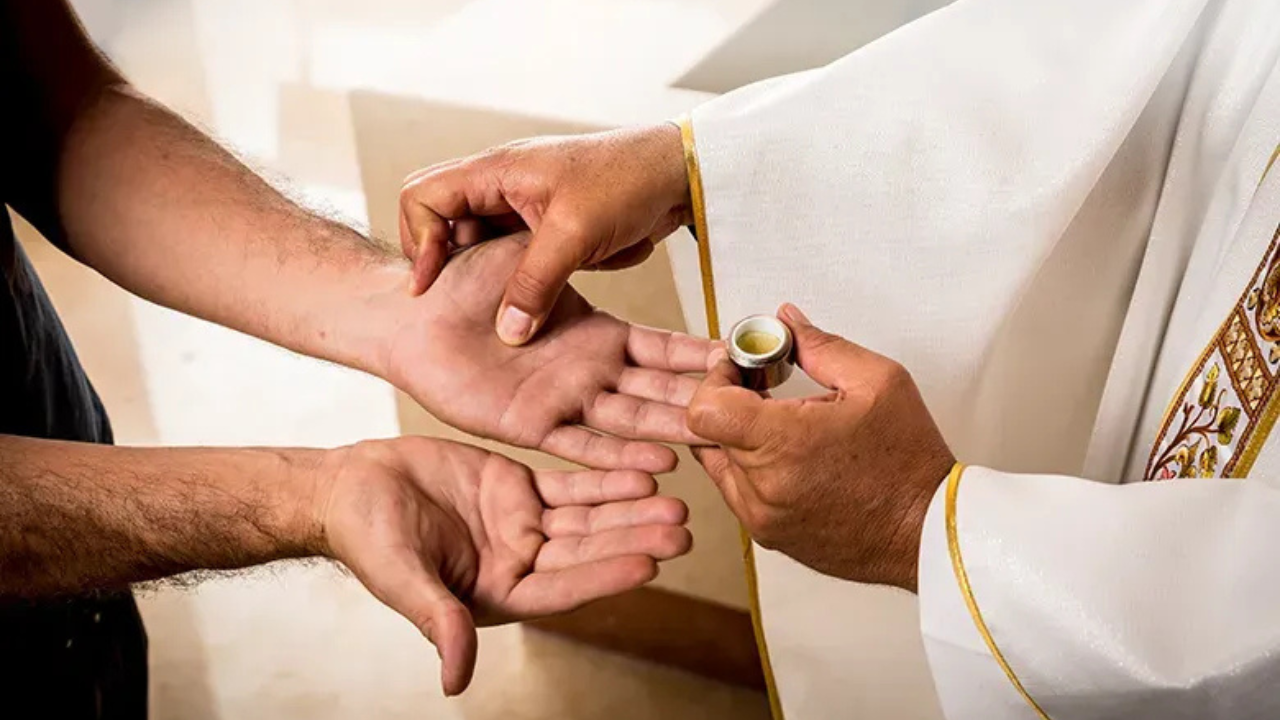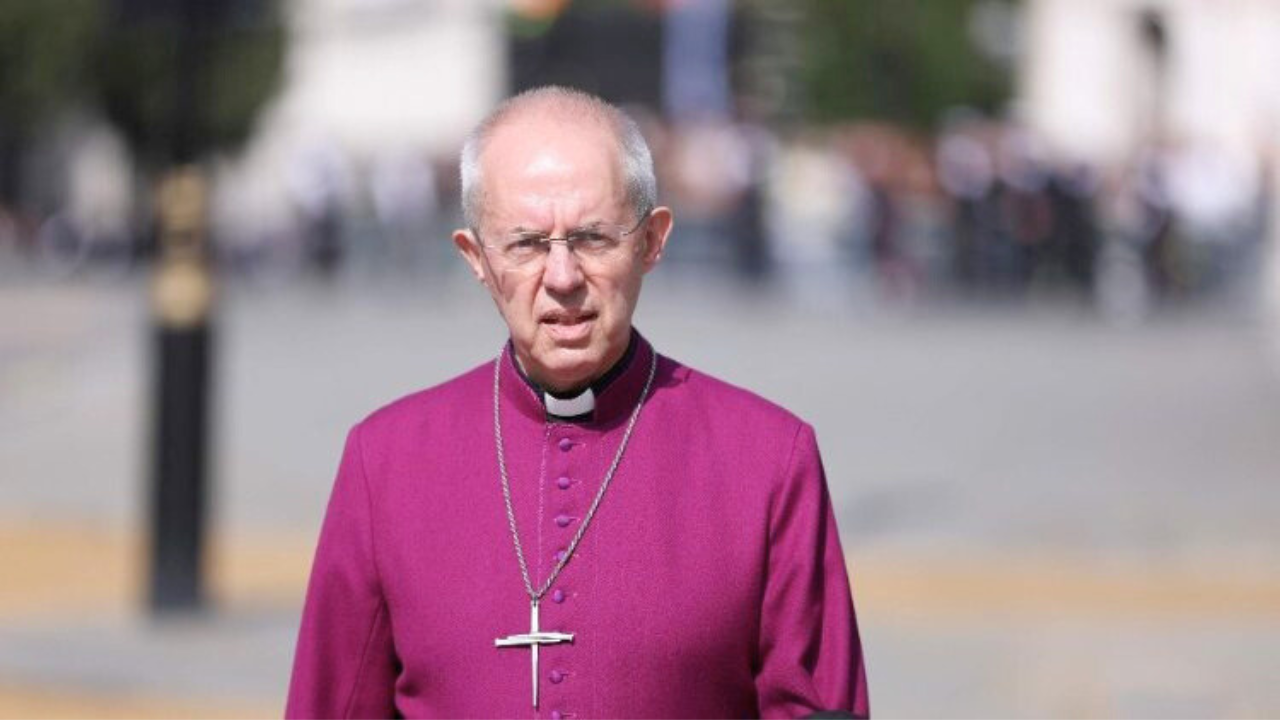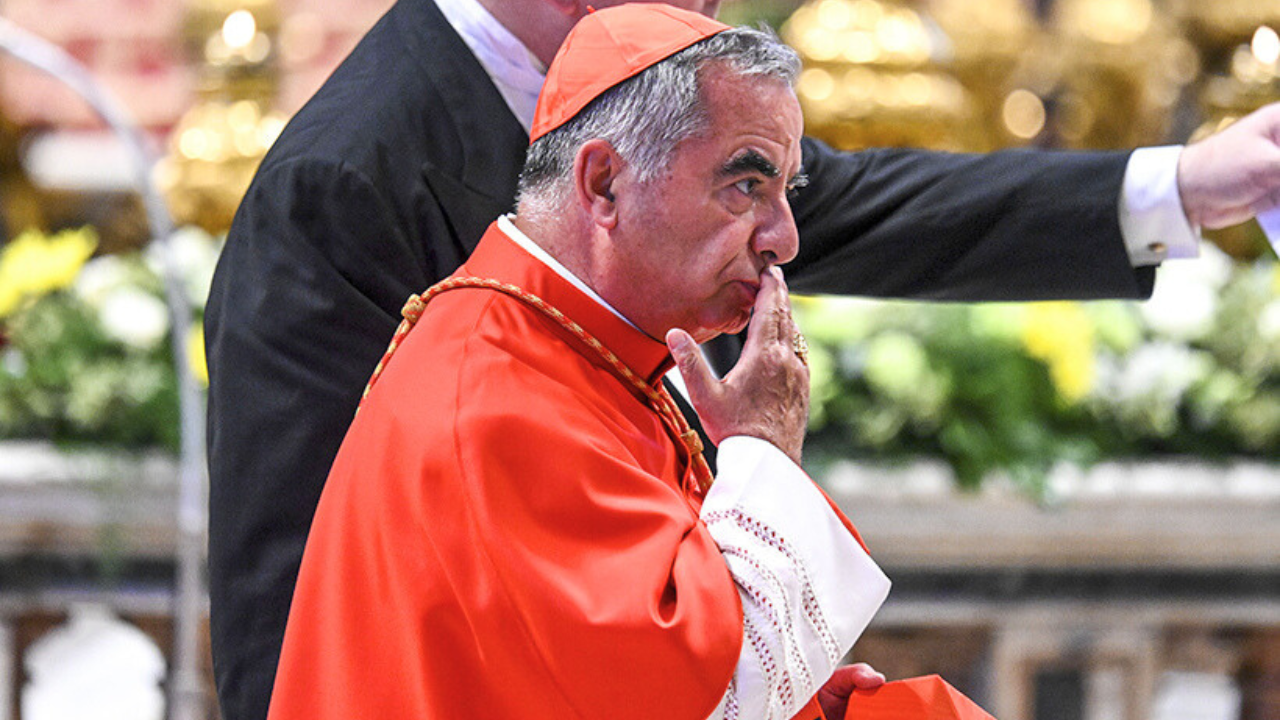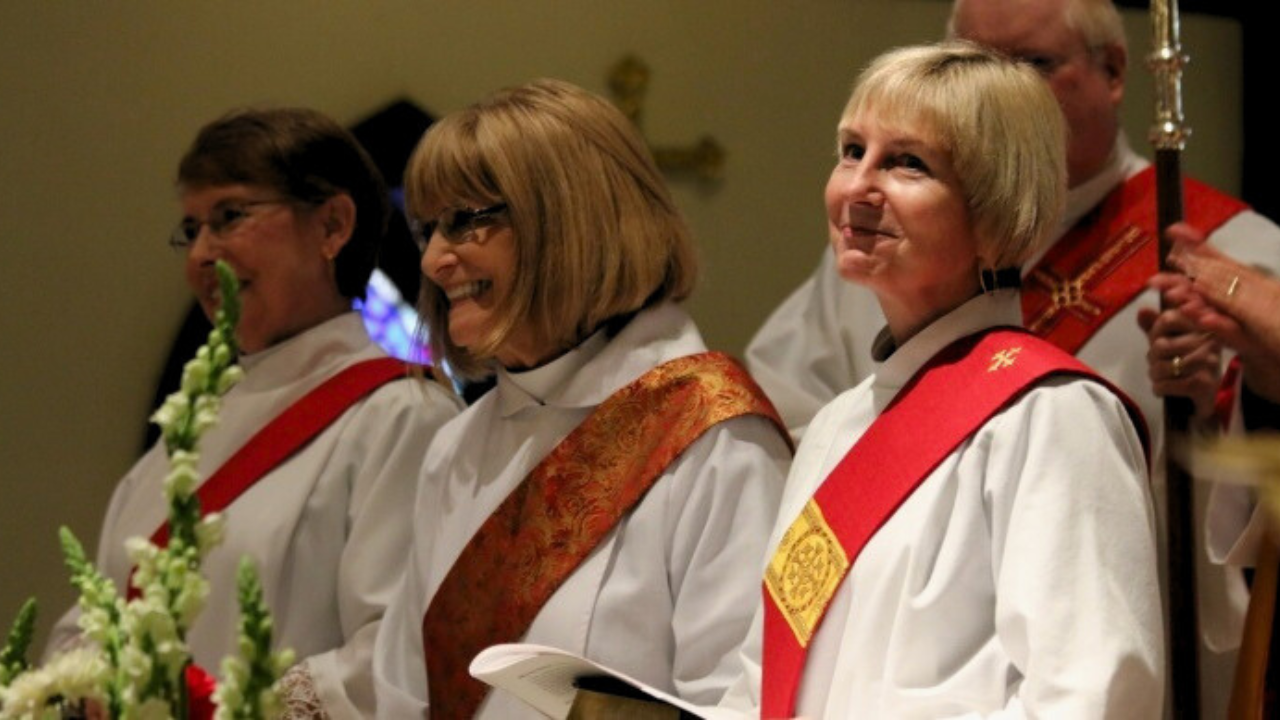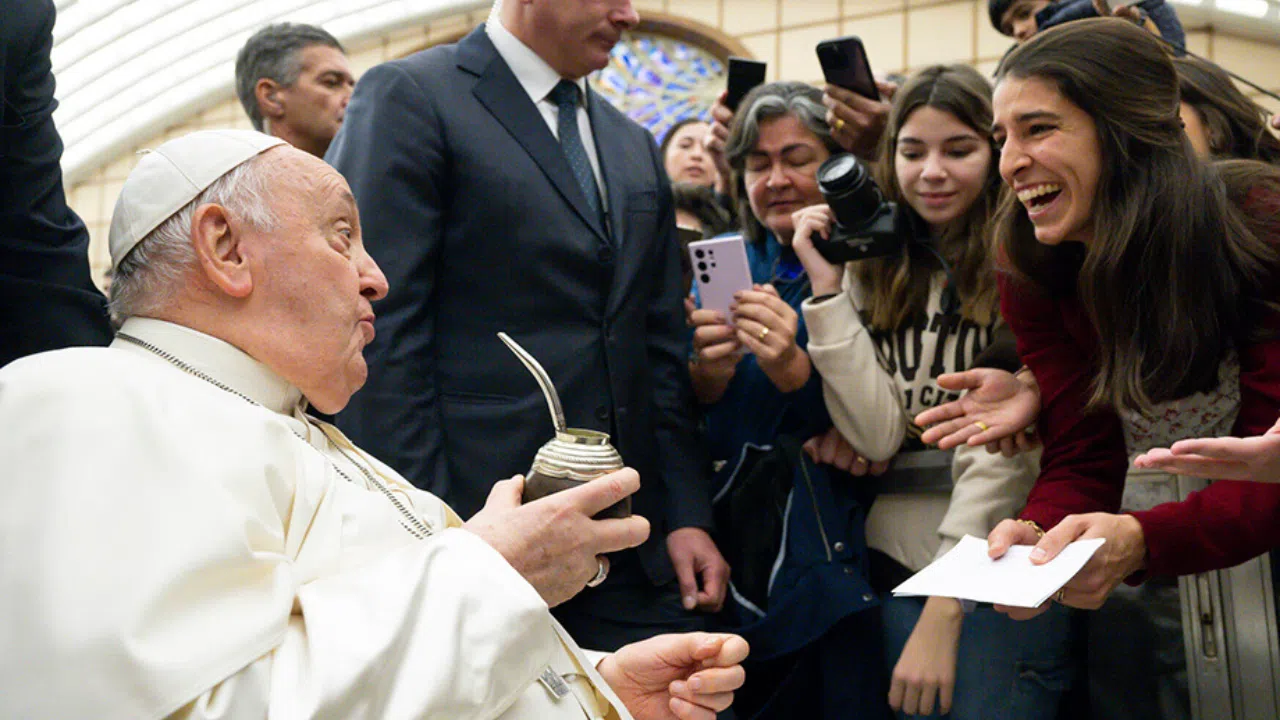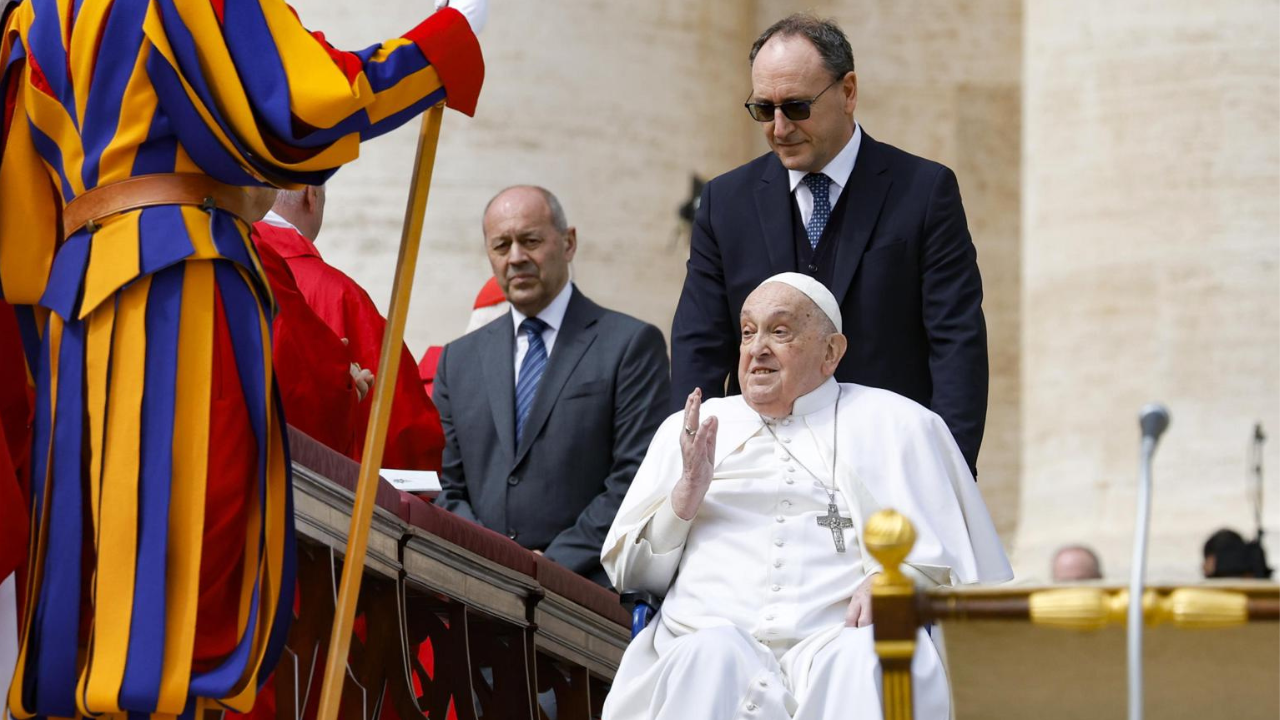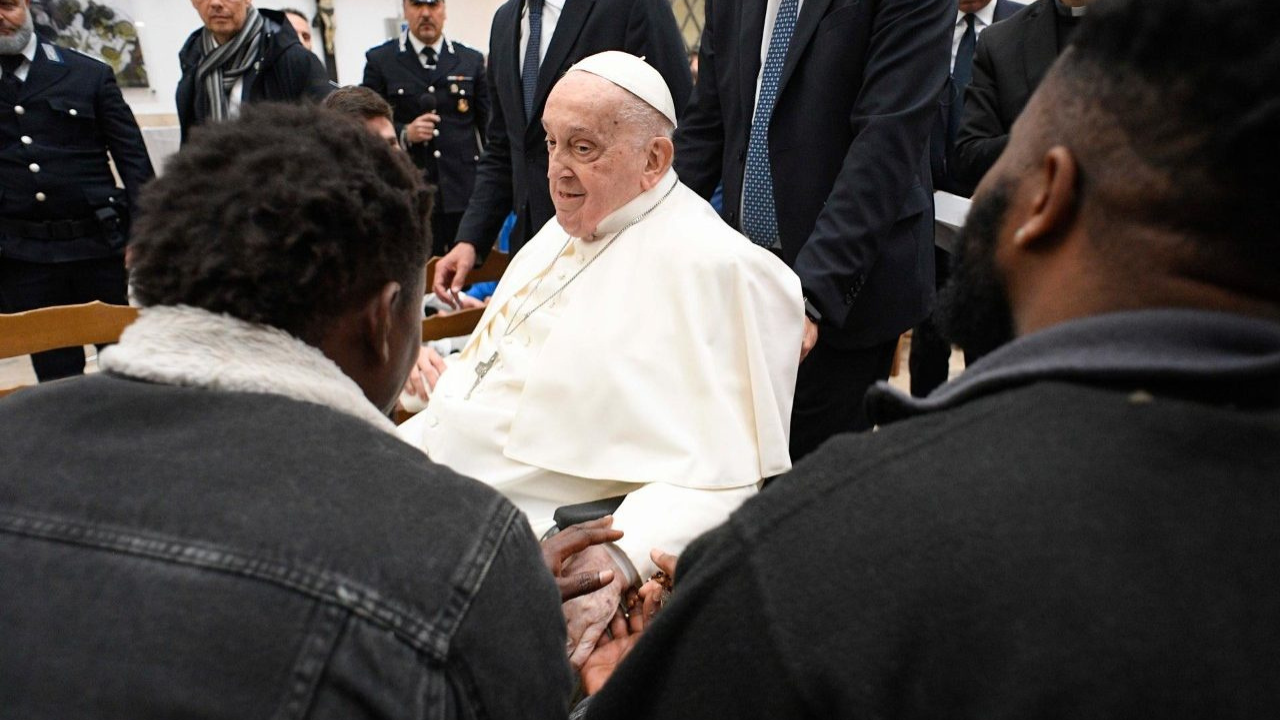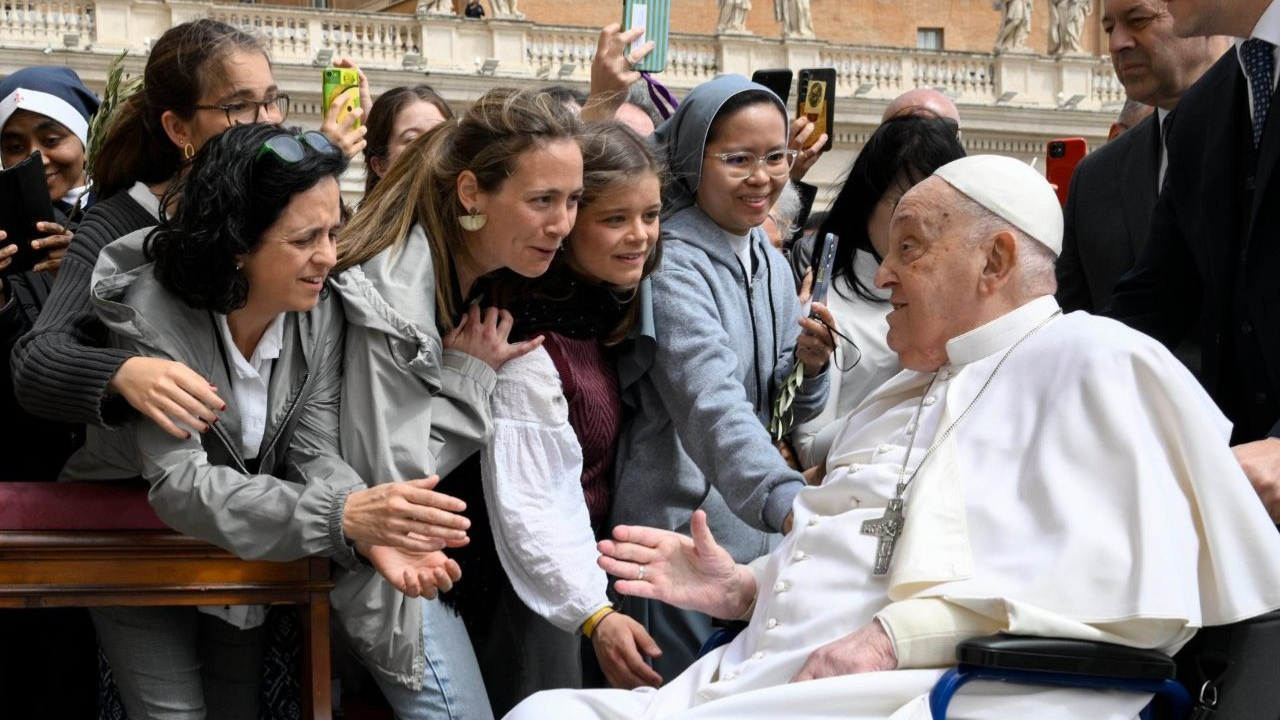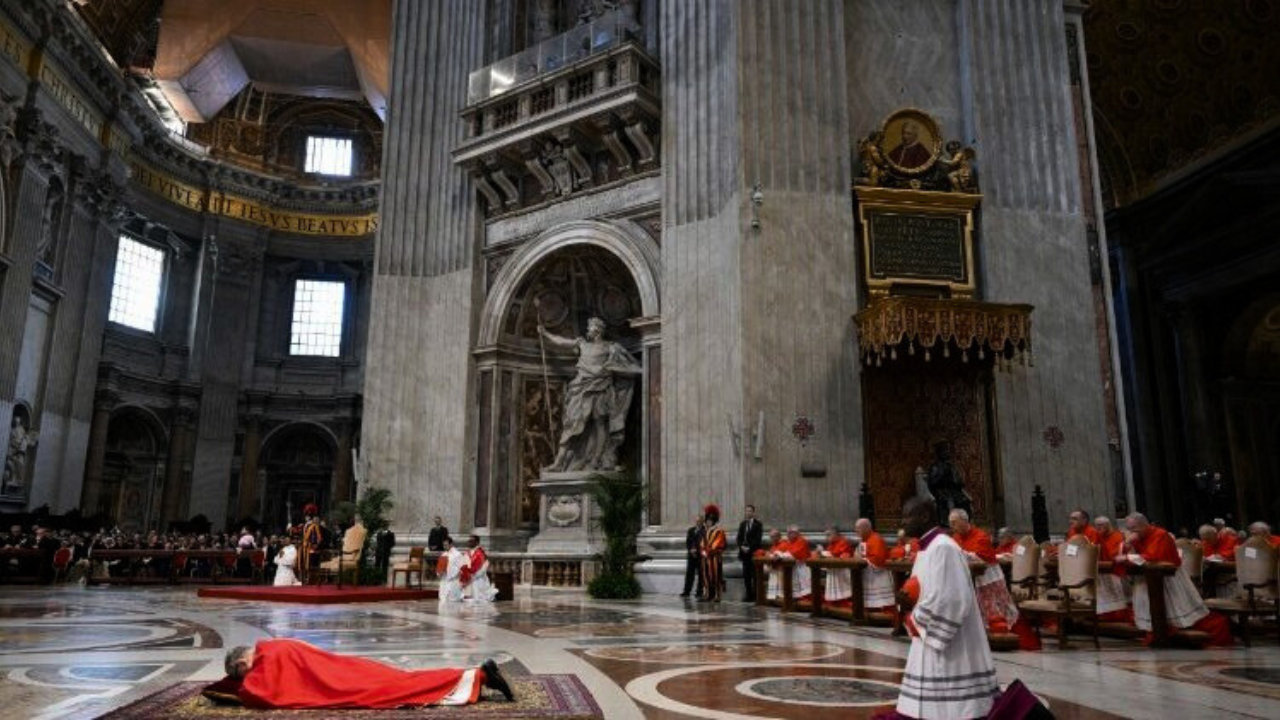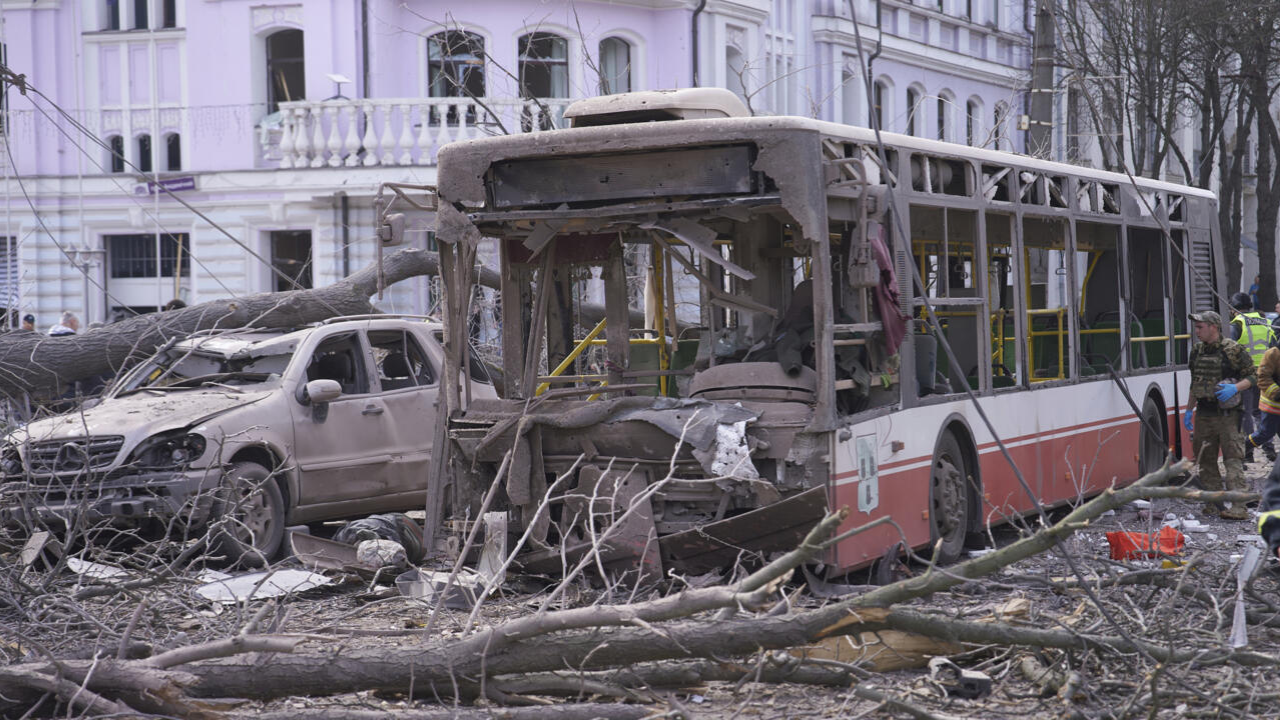Yago de la Cierva is an expert in crisis communication. For this reason, he has closely followed the abuse crisis in the Church and has these proposals to confront them.
SANCTION THOSE RESPONSIBLE
The first measure he proposes is to punish bishops who do not take action against those who have committed abuse.
YAGO DE LA CIERVA
Professor of Crisis Communication, Santa Croce University
“First of all it must be ensured that those responsible for abuses and cover-ups are punished. So far the Church has punished priests who have been proven guilty, but the Church does not punish bishops in the same way. For this reason, bishops must be held responsible.”
APPLICATION MEASURES
He also explains that the current measures are enough, but often times they are not efficiently applied.
YAGO DE LA CIERVA
Professor of Crisis Communication, Santa Croce University
“It is not enough to dictate rules if they are not put into practice and controlled.”
“There are countries where reforms have been put into practice. However, there are some countries where it has remained on paper, where protocols have been created but not put into practice. What the Church has to do is think about how to ensure the norms they have produced are carried out.”
DEDICATE MORE RESOURCES
Yago de la Cierva also advises that the fight against abuse should be a priority when allocating resources and personnel.
YAGO DE LA CIERVA
Professor of Crisis Communication, Santa Croce University
'It is necessary to ensure on one hand that if we say that the issue of abuse is important, we dedicate all necessary resources to process cases diligently. We need more people, more judges, more support staff so that cases are tried as soon as possible.”
“The Church cannot keep more than 2,000 cases awaiting trial, because it brings about more injustice.”
RULES MUST BE PUBLIC
The general policy is “Zero Tolerance,” but if it does not materialize, it can lead to abuse of power.
YAGO DE LA CIERVA
Professor of Crisis Communication, Santa Croce University
'What does 'zero tolerance' mean? Zero tolerance means that you are thrown out of the priesthood after the first error; and what is the error? Is it a slight, medium, serious, very serious error? So, 'zero tolerance' is a good motto, but it cannot remain a slogan.”
“It must be concrete and also the laws and courts have to be made public.”
NOT TO WORK WITH THE CORRUPT
He explains that under normal circumstances, bishops should collaborate with justice. However, they should be cautious in countries where the courts are not independent.
YAGO DE LA CIERVA
Professor of Crisis Communication, Santa Croce University
'The Church has to collaborate with public authorities...'
'As a principle, it is good, it is inspiring. However, there are many problems sometimes; and what can one do when a court does not conduct itself properly?”
“What does it mean to cooperate with the state? Bishops need to know one thing...”
“'Not all states are equal.' There are states with honest judges and there are states or judges manipulated by political power. This needs to be resolved.”
CONFRONTING THE CAUSES
Since John Paul II's pontificate the Church has told bishops not to admit people to the priesthood with deep-rooted homosexual tendencies. The Church also requires proof that a future priest shows a good affective maturity during the seminary years.
CONCLUSION
Pope Francis often uses the expression “abuse of conscience, power and sexual abuse” to indicate the three aspects of the problem. As for the concealment of these crimes, the pope invites everyone to eradicate the most frequent cause: clericalism and the lack of listening to the victims. Acknowledging the harm caused to specific people is the most powerful stimulus to eradicate the problem.
